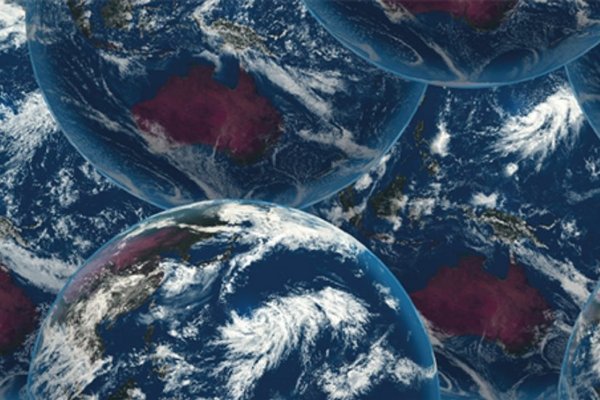
DYAMOND – Next Generation Climate Models
At a very basic level the main job of the climate system is to redistribute energy, specifically solar energy that is received from the sun is…
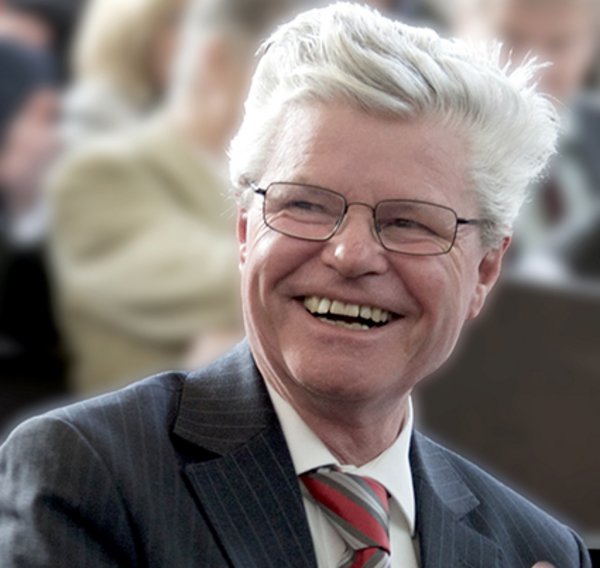
MPI-M congratulates Hartmut Graßl on his 80th birthday
The Max Planck Institute for Meteorology (MPI-M) warmly congratulates Prof. Dr. Dr. h. c. mult. Hartmut Graßl on the occasion of his 80th birthday on…
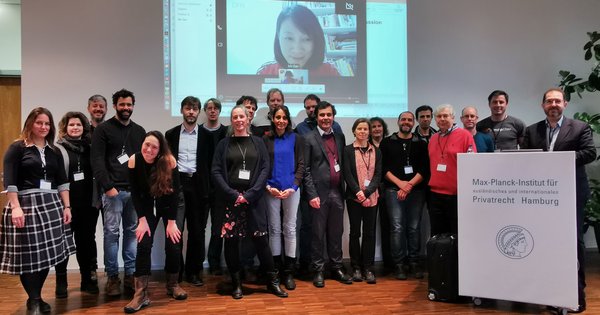
AQ-WATCH – new EU project to help mitigate air pollution
AQ-Watch (Air Quality - Worldwide Analysis & Forecasting of Atmospheric Composition for Health), a new project in the European Union’s Horizon…
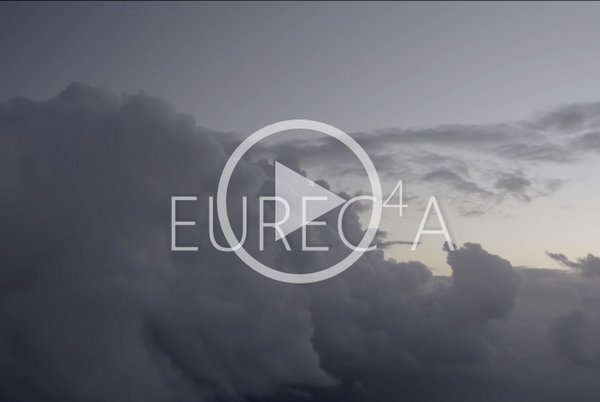
Climate factor clouds — the field campaign EUREC4A intends to answer one of climate science’s great mysteries
From 20 January through 20 February 2020, the EUREC4A (Elucidating the role of clouds-circulation coupling in climate) field study investigated trade…
![[Translate to English:] [Translate to English:]](/fileadmin/_processed_/e/c/csm_foto_peterkorn_01_3f8c645fad.jpg)
Peter Korn has successfully completed his habilitation at the Universität Hamburg
Dr. Peter Korn, scientist and head of the group "Applied Mathematics and Computational Physics" in the department "The Ocean in the Earth System" at…

EUREC4A—an international field study to test hypothesized cloud controlling factors influencing weather and climate
From 20 January through 20 February 2020, the EUREC4A (Elucidating the role of clouds-circulation coupling in climate) field study will investigate…
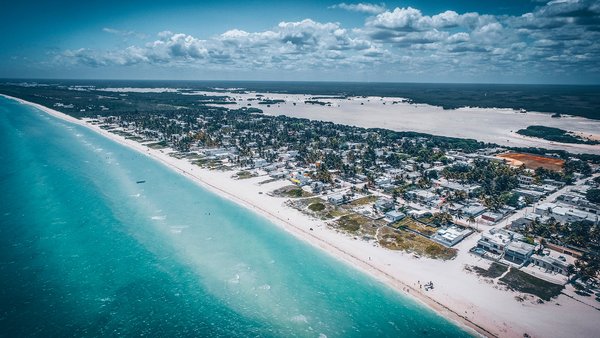
Using sea-level rise to define climate targets
One major consequence of global warming is the rising sea level. A study conducted at Universität Hamburg’s Cluster of Excellence for climate…
Risky Cooling | Dr Ulrike Niemeier
Volcanoes are sources of ideas. When they erupt, they emit large amounts of sulfur dioxide, cooling the climate.
POST FROM: Barbados, Caribbean | Theresa Lang
Theresa Lang from the Max Planck Institute for Meteorology spent around two weeks on the Caribbean island of Barbados for the cloud research project…
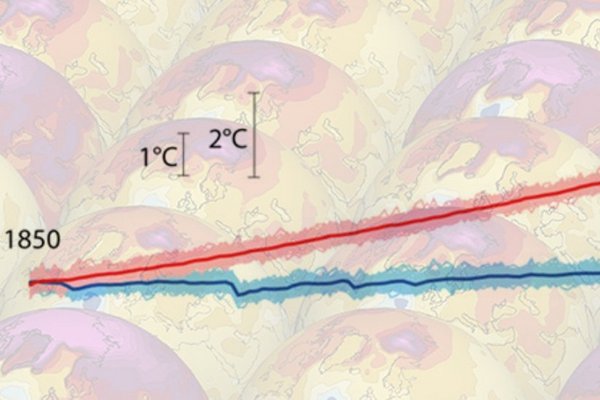
The Max Planck Institute for Meteorology Grand Ensemble – an instrument for studying the internal variability of the climate system
During the last 150 years, the increasing atmospheric concentration of anthropogenic greenhouse gases has been the main driver of climate change.…
A CERN for Climate Change
In a Perspective article appearing in this week's Proceedings of the (USA) National Academy of Science (PNAS), Prof Tim Palmer (University of Oxford,…
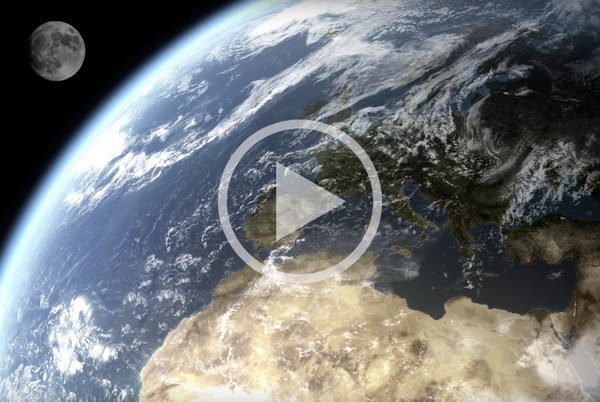
The importance of global high-resolution climate and weather simulations – ESiWACE
Both scientists from climate and weather science and experts in the field of high performance computing (HPC) are featured in the film.
